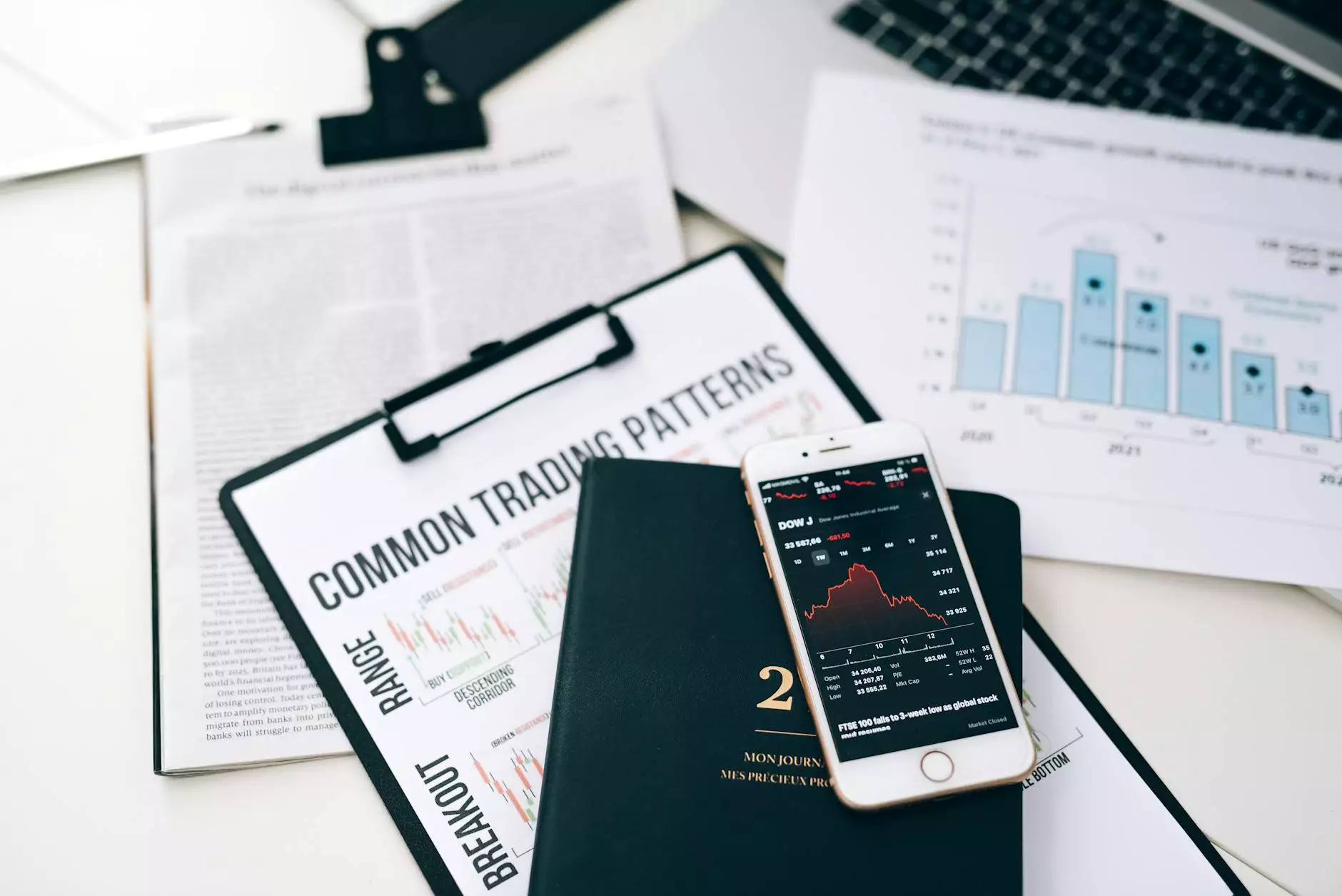Understanding the Role of Coffee Bean Vendors in the Supply Chain

The world of coffee is vast and intricate, with millions of consumers enjoying this beloved beverage every day. Central to this global phenomenon are the coffee bean vendors who play a pivotal role in the supply chain. In this comprehensive guide, we will delve into the various aspects of coffee bean vending, from sourcing and quality control to the significance of building strong relationships with suppliers. This article aims to provide valuable insights for businesses looking to navigate the complex landscape of coffee distribution effectively.
1. The Coffee Bean Supply Chain: An Overview
The coffee bean supply chain is a multi-faceted process that involves several key players, each contributing to the journey of coffee from farm to cup. The primary stages include:
- Growing: Coffee is cultivated mainly in tropical regions across the globe.
- Harvesting: Once the coffee cherries ripen, they are meticulously harvested by farmers.
- Processing: The beans are extracted from the cherries and processed through methods such as wet or dry processing.
- Exporting: After processing, the beans are graded and exported to various markets.
- Importing: Importers bring the beans into the local markets, where they are sold to coffee bean vendors.
- Roasting: Vendors often roast the beans to enhance flavor before selling them to consumers or businesses.
Understanding this supply chain is essential for anyone involved in the coffee industry, as it enables them to make informed decisions about sourcing and distribution.
2. Defining the Role of Coffee Bean Vendors
Coffee bean vendors serve as the bridge between coffee producers and consumers. Their responsibilities can be broken down into several critical areas:
2.1 Sourcing Quality Beans
One of the primary responsibilities of a coffee bean vendor is sourcing high-quality coffee beans. This involves:
- Identifying reputable suppliers: Vendors must seek out established suppliers who provide consistent quality.
- Conducting quality assessments: Vendors often evaluate beans for flavor, aroma, and freshness.
- Maintaining sustainability: Increasingly, vendors are expected to source beans from sustainable farms that support ethical practices.
2.2 Building Strong Relationships
Another crucial aspect of a vendor's role is forging robust relationships with both suppliers and customers. Achieving this involves:
- Regular communication: Open lines of communication ensure that both parties can express needs and concerns.
- Feedback loops: Vendors should seek feedback from customers to refine their offerings continually.
- Networking: Attending industry events and trade shows can help vendors connect with valuable contacts.









